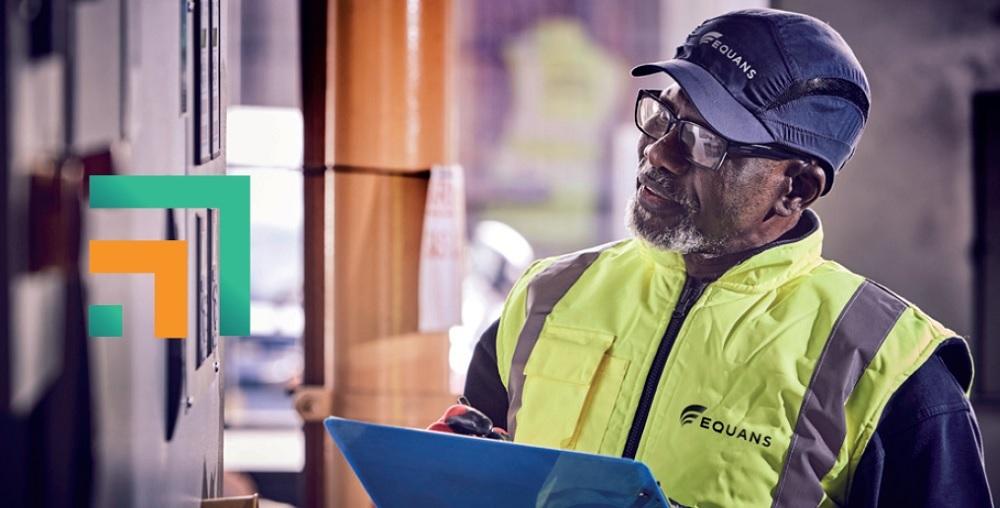Working in Partnership with Acclaro Advisory to Develop a Scope 3 Emissions Framework
To meet our ambitious net zero targets, Bouygues E&S, an Equans company, is working hard to tackle our emissions across all three scopes.
Greenhouse gas emissions are categorised into three ‘scopes’. Scope 1 refers to direct emissions from owned or directly controlled sources. Scope 2 covers indirect emissions from the purchase and use of energy, such as electricity. Scope 3 includes all other indirect emissions that occur because of an organisation’s activities, such as purchased goods and services, business travel, employee commuting, waste disposal, investments, building management, and much more.
Covering a broad range of activities, Scope 3 emissions are notably difficult to capture and measure accurately. Yet given they often constitute the greatest share of an organisation’s carbon footprint by a significant margin, effective reporting on this type of emissions is a must for businesses to prioritise decarbonisation strategies, make informed procurement and logistical decisions, and demonstrate quantifiable progress to deliver carbon reduction plans.
As it stands, the facilities management industry lacks a coherent and comprehensive framework to measure and report Scope 3 emissions. Without such a framework and given the complexities of calculating scope 3 emissions, it’s impossible for the market to benchmark emissions against an industry standard and best practices. To aid precise benchmarking and encourage industry-wide engagement to meet key sustainability priorities, we are working with the SFMI, an initiative of Acclaro Advisory, and associated industry partners, to develop the first-of-its-kind Scope 3 emissions reporting framework for FM. We hope to embed this framework across the global FM market, utilising exact and reliable data to drive industry-wide reduction in Scope 3 emissions.
Of course, any effort to reduce Scope 3 emissions must place supply chain engagement at the fore of its approach. As a business, we have long recognised our responsibility to work collaboratively with our supply chain to support ours and their net-zero journeys. Our longstanding relationship with the Supply Chain Sustainability School is testament to that commitment. The school has helped us organise workshops on numerous ESG matters including Social Value and the circular economy, upskilling both our suppliers and our employees through a collaborative approach.
More recently, we have undertaken a maturity assessment of our supply chain to evaluate their current positioning in their carbon journey. By assessing our suppliers on eight topics across five distinct levels, we have identified and prioritised suppliers that may benefit from additional support from us to develop their sustainability strategy and practices. With many smaller businesses finding it difficult to access the expertise or resources necessary to embed sustainability across their organisation, we offer SMEs the support they need to make tangible progress towards their sustainability goals.
Lewis Chenery, Head of Environment and Sustainability at Bouygues E&S, an Equans company, shared: “Reducing our Scope 3 emissions remains a key priority at Bouygues E&S. We are excited to be working with the SFMI and associated industry partners to develop a new reporting framework for scope 3 emissions to accelerate the FM industry’s sustainability commitments. In the meantime, we are continuing to collaborate closely with our supply chain to support them to achieve their sustainability ambitions. Fundamentally, we are proud to centre sustainability in our work with suppliers, whether it is by including sustainability pre-requisites in the identification phase, offering training, and upskilling, or providing guidance and resources to help them improve their offering. These efforts have already resulted in a fantastic 29% decrease in scope 3 emissions in 2022 compared to the year before!”
Sunil Shah, Managing Director at Acclaro Advisory, said: “With over 70% of FM’s emissions being in Scope 3, developing a good understanding of where these emissions arise is critical to being able to reduce them. It also allows FM to engage with their business and customers to help achieve net zero and with the wider property sector to ensure whole life carbon emissions within each building is measured accurately. We are thrilled of the support that Bouygues E&S and our Partners have shown in developing the framework.”

